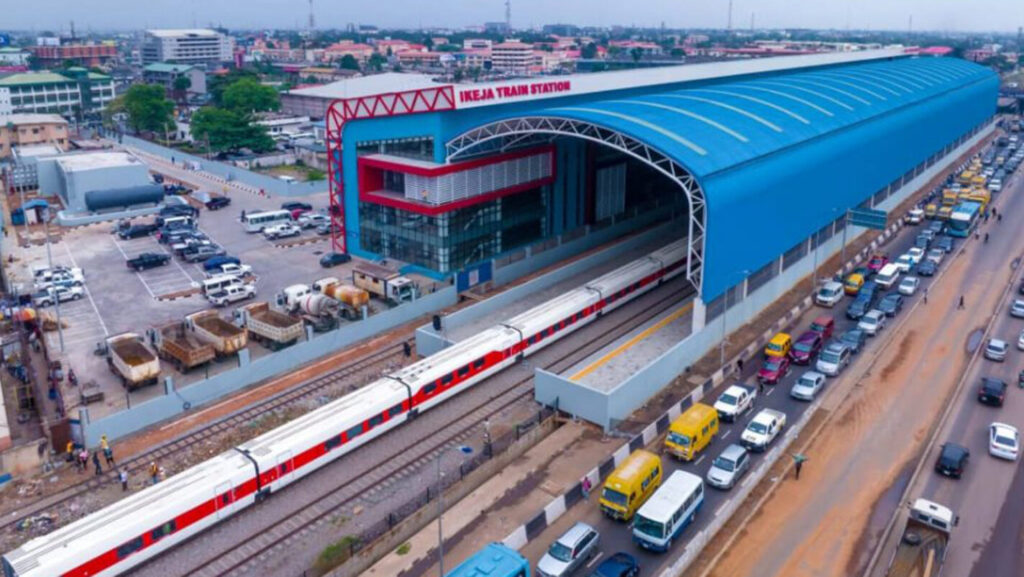
The Lagos State Governor, Babajide Sanwo-Olu, on Tuesday announced a 30 per cent reduction of transport fare on the Lagos Red Rail Line services.
Sanwo-Olu, who spoke during the commissioning of the Abule-Egba Bus terminal, said that the fare would now be N1,000 instead of the N1,500 being paid by the passengers.
The governor said that the decision was to make the red line rail accessible and affordable to commuters.
He said that he was happy that the rail systems are currently contributing to the mobility of Lagos residents.
Moreover, to further enhance bus services, Sanwo-Olu said the state government is anticipating the arrival of new CNG (Compressed Natural Gas) buses and electric buses by the third quarter of this year.
The governor also reaffirmed the state government’s commitment towards supporting initiatives that would promote excellence and innovation in the engineering sector.
He spoke during the regional engineering stakeholders’ summit organised by the Council for the Regulation of Engineering in Nigeria (COREN) in Ikeja, Lagos. Sanwo-Olu, who was represented by his deputy, Dr Obafemi Hazmat, said the government recognises that the success of infrastructure projects and industrial goals depends heavily on the competence and integrity of engineers, adding that it will continue to collaborate with COREN and other stakeholders to ensure that engineering practice in Nigeria meets global standards.
The governor urged the practitioners to embrace the opportunities presented by COREN’s reforms and expanded regulatory framework. President of COREN, Prof. Sadiq Abubakar, who spoke while inaugurating the Lagos Regional Steering Committee, reaffirmed the Council’s unwavering commitment to engineering excellence, regulatory efficiency and national development driven by the strategic roadmap for the transformation of engineering profession in Nigeria.
He said that key reforms under COREN include institutional restructuring, decentralisation of operations, strengthening engineering education, expansion of engineering regulations monitoring, mandatory engineering residency programme, and enforcement and advancing professional development.
To drive these reforms, he said, the Council had established and empowered the regional steering committee to serve as a key organ for compliance and enforcement at the regional level.
Earlier, Chairman of the committee, lbikunle Ogunbayo, said the committee would bring COREN’s regulatory activities closer to the component parts of the nation.


